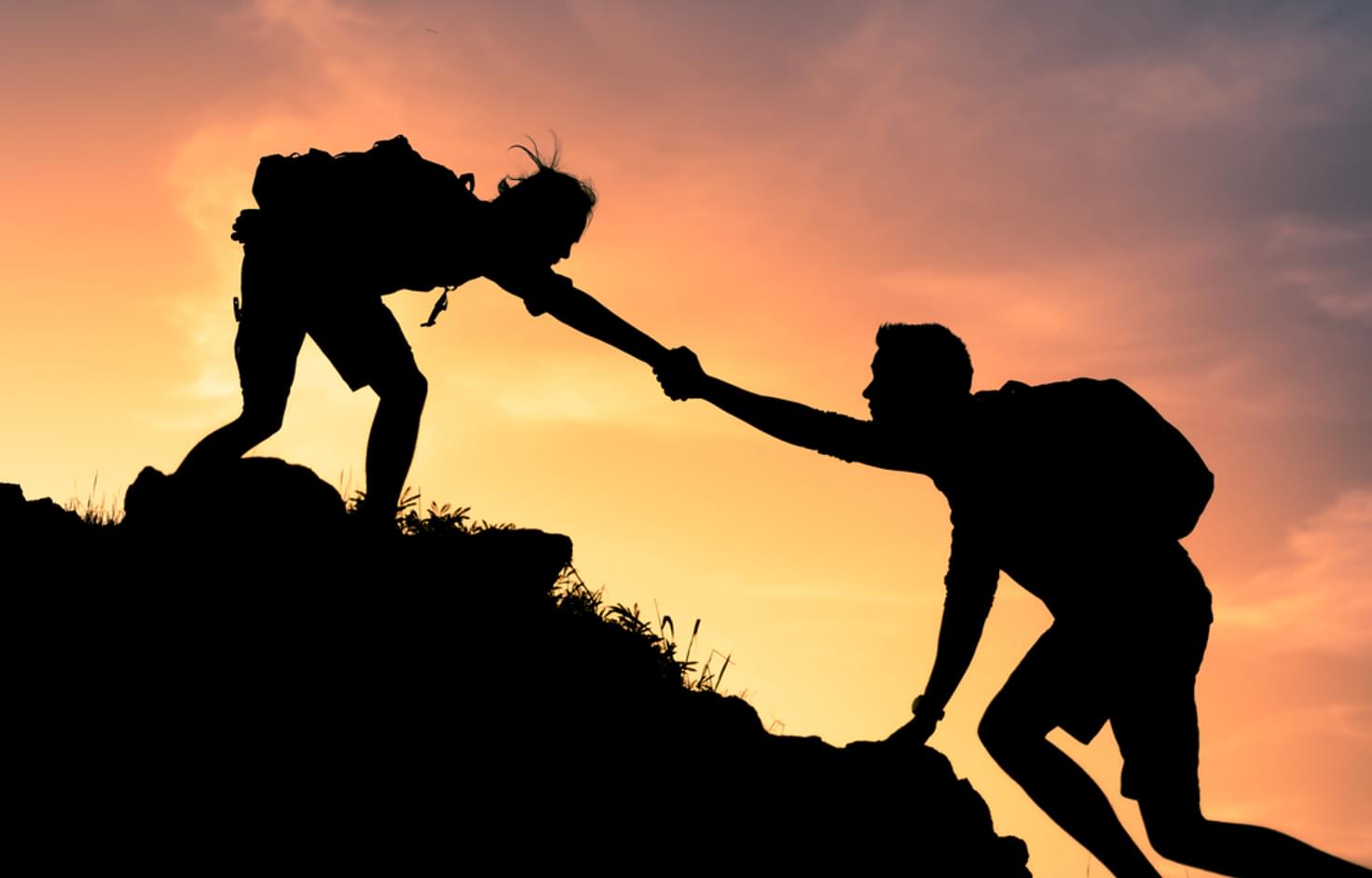
Words by Amy Packham
“I spent my school life in a corner or a cupboard,” Thomas*, age 60, tells me.
“As a teenager, I was misunderstood – being naughty and being a bit different was the beginning of addiction for me.”
Thomas, who lives in Liverpool, is a recovering addict. “I’ve used a lot of drugs my whole life,” he says. “I started using substances when I was young – alcohol, weed, all the stuff we tend to use on a daily basis.”
He used drugs for 30 years, and got clean when he was 43 through the UK nonprofit, Narcotics Anonymous. Now, he’s the chair of UKNA, and has worked the 12-step programme for 16 years. He sponsors people and helps others all over the world through the worldwide organisation.
NA started in California in 1952. One of their founding members, Jimmy Kinnon, had been going to AA for a long time and couldn’t get clean. “He and some others adapted the programme and created NA,” explains Thomas. NA is not substance specific, or specific to one issue. “Ours deals with the disease of addiction, rather than one specific substance.”
It’s been a lifeline for him. Initially, he’d been introduced to NA through a court in Bournemouth, but he didn’t “get it” then, he says. “I was trying to get a squeeze on a custodial sentence so I went along to NA, but they started talking about God and it turned me off the whole thing as I’m not religious.”
At the time, Thomas moved to Liverpool with his long-term girlfriend. “I used in Liverpool for another 10 years, and I ended up living on and off the streets,” he says. His girlfriend went to America to get clean.
“I sort of got a little bit clean in Liverpool, and I’d been down to my brothers for Christmas. But when I came back, I ended up using crack on January 4th 2007 – and I knew I didn’t want to be doing that,” he says.
“The next day, I was sitting in a pub in town and had an orange juice. I had an urge to go to the gym. I’m not religious, but a higher power took me to a meeting at 12.30pm on January 5th 2007 and I heard stuff in that meeting I needed to hear – a new way of life on offer. I’ve been absent from all chemicals since then.”
Thomas worked the 12-step programme. There are also other suggested things you do in NA, he says, such as attend meetings, get some service, meeting and greeting, and advise others. “I’ve done all of those things and I still do that today – I still do that service. A big part of my recovering is giving all this information away.”
A saying they use, he says, is “we only keep what we have by giving it away”. It’s a paradox of the programme, he adds, that we must give it away and carry the message to addicts.
“My life is a lot better now,” says Thomas. “I’m a humble taxi driver – but I won the lottery on that day in January. I won it. My whole perception of life has been changed.
“And that’s what doing the steps gives you – it changes you from a junkie to a productive member of society.”
Today, Thomas looks after his teenage boy. He says NA not only saved his life, but it gave him a life.
Now, he’s a volunteer in his role as Chair of UKNA, and says he’s learned and met so many people. “The diverse membership of NA is unreal,” he says, “from judges to taxi drivers”.
The organisation declines outside contributions. “Getting money from others diverts us from our primary purpose, he explains. They are funded “from within, not from without”.
There is a service called UKSO.biz, so if anyone wants to make a contribution to NA, they suggest they buy literature from that website. “You could buy 10 of our basic texts, and donate to your library – that way, you’re helping people by putting it in the library and the money is paying for something worthwhile”
“It doesn’t matter what you use, or for how long, if you think you’ve got a problem, we can help you,” says Thomas. “And it’s down to the individual – the more you put in, the more you get out of it.”
Find out more about UKNA here. You can support by purchasing, and donating, literature through their website here.
This article aligns with the UN SDG Good Health and Wellbeing.